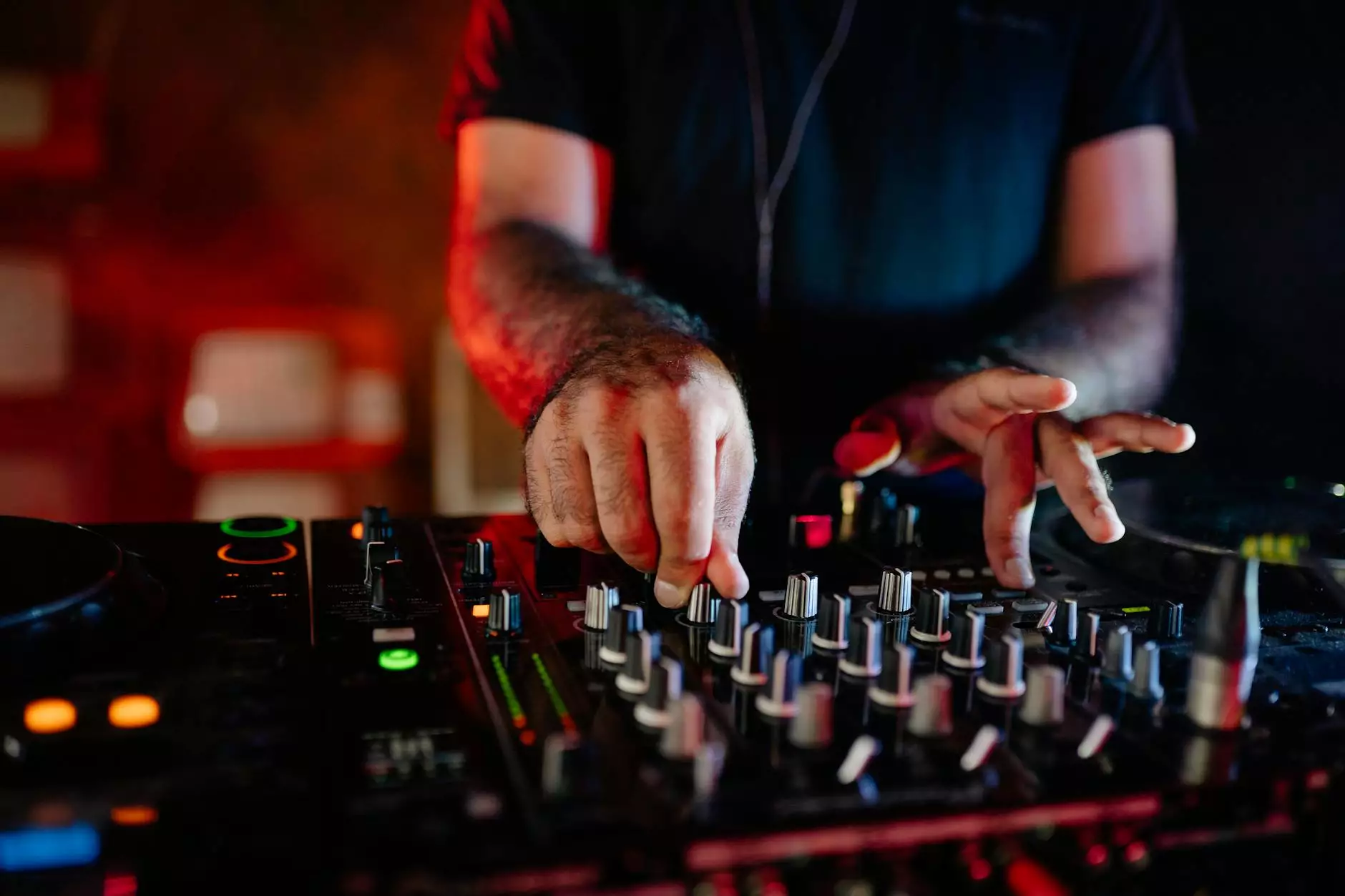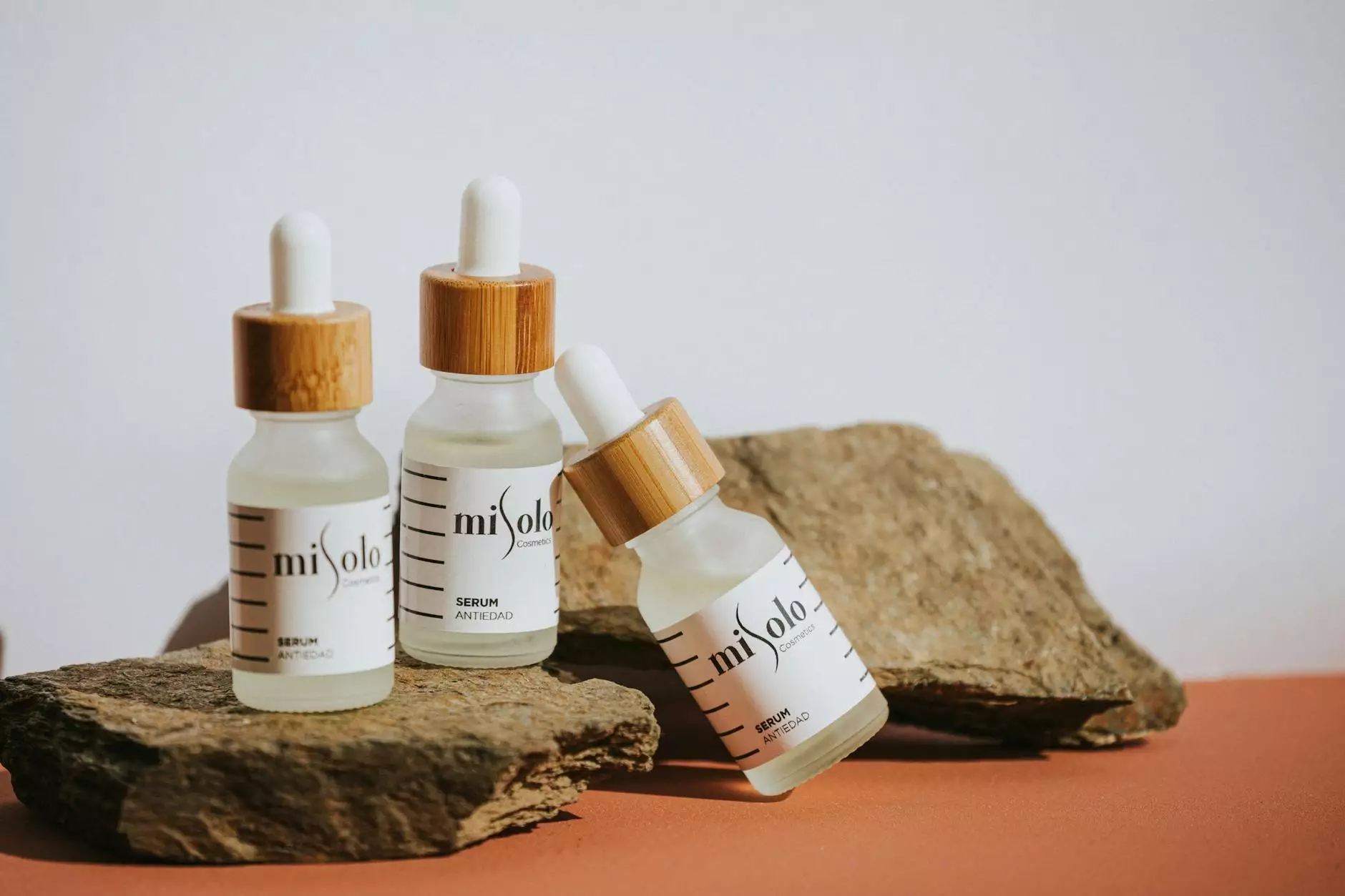Understanding Retainers for Grinding: Your Comprehensive Guide

Retainers for grinding are critical tools in dental care, especially for individuals who suffer from bruxism, a condition characterized by the involuntary grinding and clenching of teeth. This comprehensive guide will delve into the importance of retainers, how they function, the benefits they provide, and the various types of retainers available.
What is Bruxism?
Bruxism is often an unconscious reaction to stress, anxiety, or occlusal issues, where the teeth are subjected to excessive forces. It can lead to a range of complications affecting not only the teeth but also the jaw and overall oral health.
- Tooth Damage: Continuous grinding can wear down the enamel, cause cracks, and increase susceptibility to cavities.
- Jaw Pain: Bruxism can lead to conditions like temporomandibular joint disorder (TMJ), which results in chronic jaw pain and discomfort.
- Headaches: Many individuals experience tension headaches as a result of the strain exerted on facial muscles.
Importance of Wearing Retainers for Grinding
Wearing retainers for grinding is essential for several reasons:
- Protects Teeth: Retainers act as a barrier between the upper and lower teeth, reducing the impact of grinding.
- Reduces Jaw Tension: By keeping the jaw aligned, retainers can relieve pressure on the jaw joints and surrounding muscles.
- Prevents Further Dental Issues: Consistent use can prevent wear and tear caused by bruxism, thereby prolonging the lifespan of the teeth.
Types of Retainers for Grinding
There are various types of retainers specifically designed to combat teeth grinding:
1. Custom-Fitted Night Guards
Custom night guards are made from molds of your teeth, providing a perfect fit for comfortable wear. They are typically made from a durable plastic that can withstand grinding forces while providing cushioning to the teeth.
2. Over-the-Counter (OTC) Night Guards
These are generic night guards available at pharmacies. They are less expensive than custom options but may not provide the same level of comfort or protection. OTC options can be adjusted using heat for a better fit.
3. Soft and Hard Night Guards
Soft night guards are ideal for individuals with mild bruxism, while hard night guards are recommended for severe cases. Hard guards provide a more rigid surface, which can be effective in preventing dental fractures.
Benefits of Using Retainers for Grinding
The benefits of using retainers for grinding extend beyond just protecting your teeth:
- Improved Sleep Quality: By alleviating discomfort and pain, retainers can help restore restful sleep cycles disrupted by bruxism.
- Long-Term Cost Savings: Preventing dental damage through the use of retainers can save significant dental expenses in the long run.
- Enhanced Oral Health: Maintaining the integrity of your teeth aids in overall oral hygiene and health.
How to Choose the Right Retainer for Grinding
Selecting the appropriate retainer depends on several factors:
1. Severity of Bruxism
Consulting with your dentist to assess the severity of your condition can help determine whether a soft or hard night guard is necessary.
2. Comfort and Fit
Since you will likely be wearing the retainer for long durations, comfort is crucial. A custom-fitted option often provides the best fit.
3. Cost
While custom retainers may have a higher initial cost, they often prove to be more cost-effective in preventing damage and subsequent dental work.
How to Care for Your Retainers
Proper care of your retainers is essential for their longevity and effectiveness:
- Clean Regularly: Brush your retainers with a toothbrush and rinse them daily to prevent bacteria buildup.
- Avoid Heat: Do not expose retainers to hot water or heat sources, as this can distort their shape.
- Store Properly: Keep your retainers in a protective case when not in use to prevent damage.
When to See a Dentist
It is essential to consult with a dental professional for proper diagnosis and treatment if:
- You experience significant pain or discomfort in your jaw.
- Your teeth show visible signs of wear.
- You have difficulty sleeping due to teeth grinding.
The Role of Meditation and Stress Management
While using retainers for grinding is an excellent way to protect your teeth, addressing underlying causes such as stress and anxiety is crucial. Engaging in relaxation techniques, such as meditation and deep-breathing exercises, can significantly reduce the incidence of bruxism.
The Future of Dental Treatments for Bruxism
As dental technology evolves, new treatments and innovations are emerging. Future solutions may include:
- Smart Mouthguards: Utilizing sensors to track grinding activity and provide data to assess treatment effectiveness.
- Botulinum Toxin Injections: Potentially reducing muscle tension for severe cases of bruxism.
- Collaborative Treatments: Integrating therapies that address physical, psychological, and dental needs for a comprehensive approach.
Conclusion
Taking proactive steps towards managing bruxism can drastically improve your oral health and overall quality of life. Understanding the benefits of retainers for grinding and knowing how to care for them is essential. For personalized advice and fitting, reaching out to a dental professional like the team at Medental SF can ensure you find the right solution tailored to your needs. Don't hesitate—take the first step towards a healthier, more comfortable smile today!









